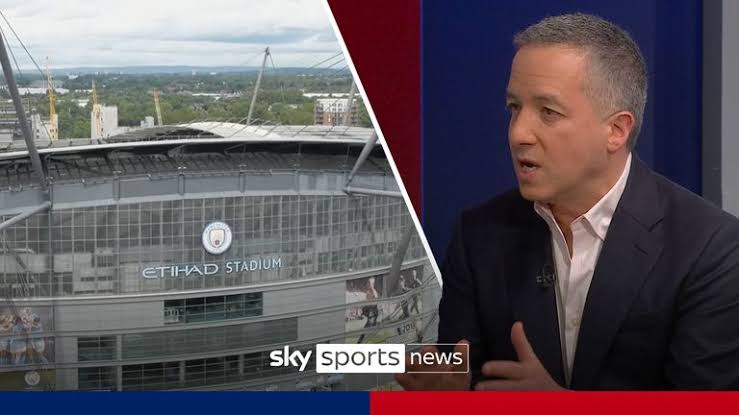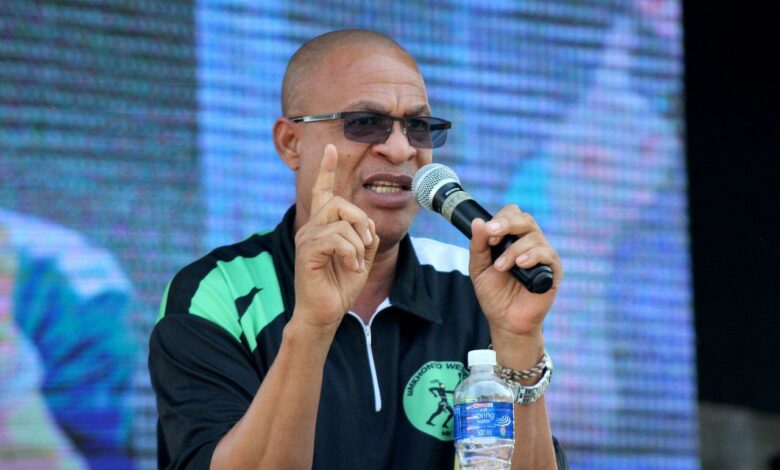Newcastle United owners to strike massive deals if Premier League vote is carried in 15 days time?

A new report from The Times has revealed that the owners of Newcastle United could soon be in a position to strike major financial deals, depending on the outcome of a crucial vote scheduled in just 15 days. On November 22, 2024, the Premier League clubs will meet to vote on proposed changes to the rules governing Associated Party Transactions (APTs), which govern how clubs can engage in financial dealings with associated entities. If the vote passes, these changes could create significant opportunities for clubs like Newcastle United and Manchester City to secure much more lucrative sponsorship deals, potentially reshaping the financial dynamics within the Premier League.
The vote is based on a set of proposals that have been carefully crafted by the Premier League’s legal and financial advisory groups. These proposals, which have been circulated to all 20 Premier League clubs, suggest loosening the current restrictions on related-party transactions, including sponsorship deals between clubs and entities with direct links to them. This could be especially significant for clubs like Newcastle United, which are owned by wealthy state-backed entities. The proposals include changes to the definition of “fair market value” for these transactions, softening the language from whether a deal “would” be sold to whether it “could” be sold between willing parties. The new wording could allow for more flexibility in how the value of sponsorship deals is assessed, potentially making it easier for clubs to secure higher-value partnerships.
One of the most significant proposed changes involves removing the phrase “in normal market conditions” from the rules, which currently limits the ability of clubs to negotiate sponsorship deals based on non-market factors, such as the influence of wealthy state-backed entities. This change could particularly benefit clubs with such backing, as it would remove the restriction on their ability to negotiate sponsorship deals based on the value they place on their association with the club, rather than being constrained by traditional market conditions. The rule change appears to be a response to the legal dispute that Manchester City faced when a large sponsorship deal with Abu Dhabi-owned Etihad Airways was blocked under the current regulations. With the proposed changes, the Premier League would allow for more flexibility in such deals, potentially opening the door to much more lucrative agreements for clubs owned by wealthy entities.
However, the vote is expected to be contentious, with some clubs opposing the proposed changes. There is a long history of rivalries between Premier League clubs, especially when it comes to issues of financial fairness and competitive balance. The proposed rule changes are seen by some as a way of creating an uneven playing field, with wealthier clubs potentially able to secure much larger sponsorship deals, further cementing their dominance. This is a concern that has been raised by critics, who argue that the current rules were introduced to ensure financial fairness and to prevent wealthier clubs from distorting competition through excessive financial support from associated entities. In particular, the introduction of stricter rules in 2021 was partly in response to Newcastle United’s Saudi-led takeover, which raised concerns about the impact of state-backed wealth on Premier League competition.
The vote on November 22 will require a majority of 14 clubs to approve the proposed changes. Previous votes on related issues have been close, with the proposal to block Manchester City’s sponsorship deal passing by a narrow margin in February 2021. Given the significant implications of the vote, the outcome is expected to be closely contested, with clubs like Newcastle United and Manchester City lobbying for the changes, while others argue against them. The proposed changes would allow clubs to access financial data relating to APTs earlier in the process, improving transparency and ensuring that clubs are able to make more informed decisions when assessing the fairness of such transactions. If the vote passes, the rule changes would be implemented immediately, potentially reshaping the financial landscape of the Premier League and opening the door for much more lucrative sponsorship deals for a select group of clubs.
While the proposed changes are designed to create more financial opportunities for Premier League clubs, they also highlight the ongoing tensions within the league over issues of financial fairness and competitive balance. The outcome of the vote will have far-reaching consequences for the future of Premier League finance and could alter the financial dynamics of English football for years to come.















